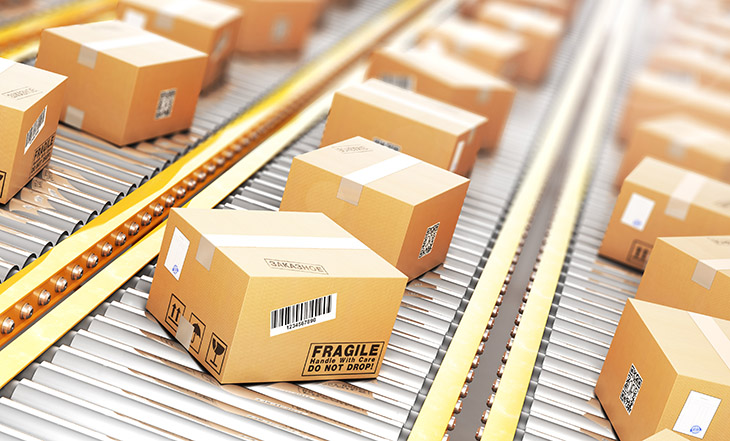The following articles and statements are provided for public information and copyright vests in the Development Bank of Namibia. For permission to use these items verbatim, or as excerpts, or for photographic permissions, please contact the Corporate Communications and Stakeholder Relationships Specialist on 061 290 8000.

Covid-19 has opened doors for the Namibian manufacturing sector, says Hellen Amupolo, Acting Head of Investments at Development Bank of Namibia (DBN). During the height of the Covid-19 lockdowns there were gaps in the imported product selections available to Namibia. This was partially due to reduced demand, but also due to reduced production activity in territories from which Namibia imports goods.
The absence of imported goods creates opportunities which may be filled with locally manufactured goods. This situation will continue, at least in the short-term, Amupolo adds. Until an effective vaccine is made available in Namibia, the gaps can be expected to persist. Namibian manufacturers should identify gaps in their subsectors which most often represent opportunities and exploit them where possible.
Amupolo acknowledged challenges facing manufacturers but said circumstances are ideal for small, agile manufacturers or existing manufacturers seeking to extend lines of products or manufacture new products. However, she cautioned that the viability of manufacturing initiatives will depend on fundamental business principles such as sound marketing for visibility, confirming offtake agreements and financial discipline and management with a long-term view.
She drew on the DBN experiences and illustrated her point with an industrial products manufacturer that had a viable product but failed to obtain commitment from its market before launching its manufacturing operation. As a result the organisation was not able to sell, and shut down shortly after launch.
The first step, Amupolo emphasized, is to survey the potential market and ensure that it is receptive. Where possible, manufacturers should obtain commitment in advance or at least an expression of interest from offtakers that tend to be sceptical for new products or businesses She extended this to the field of distributors as well. Manufacturers who rely on a value chain that does not end with direct sales to the market need to obtain commitment from retailers and wholesalers before launching their initiatives.
Amupolo went on to urge potential small manufacturers of consumer goods to investigate new channels such as online sales. In the wake of Covid-19, a number of e-commerce websites have emerged and are still emerging. If a spread of these websites cannot absorb the full capacity of a production run, they offer a valuable opportunity to test products in the market.
She also said that manufacturers should consider their positioning in retail and associated point-of-sale. Although numerous Namibian products are launched, a number of them fail to stand out among South African products. With this in mind, Namibian manufacturers must budget for investment in packaging and merchandising, ensuring the business has capital support to sustain the entire value chain.
Talking about promotion in media, Amupolo said advertising should also consider low-cost mediums such as social media, or rationalising media at launch. The cost of fully fledged communication campaigns can be prohibitive for new, small manufacturing initiatives.
On the topic of finance, Amupolo said DBN is prioritising manufacturing as one of the key National Development Plan sectors. She said that the Bank has a range of short to long-term products to enable manufacturing. She added that the Bank can also provide finance for smaller production runs with contract-based finance as well as bridging finance.
We throw our weight and financial capacity behind the manufacturing sector. What we want to see is a successful upsurge in Namibian manufacturing. The Bank’s doors are open, and we are waiting to hear from manufacturers, Amupolo concluded.



